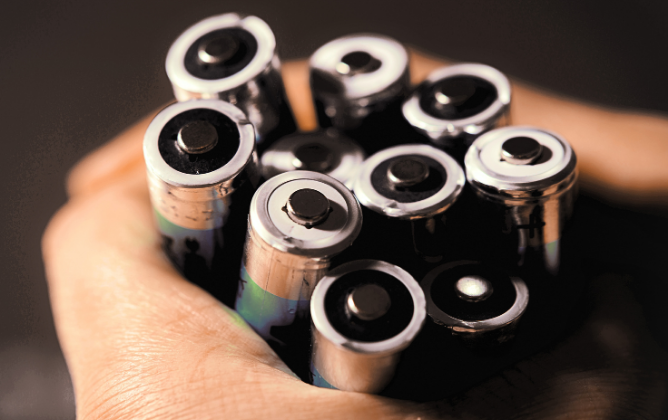
Dead batteries can pose safety hazards if not properly handled and recycled, including fire risks, toxic leakage, and environmental harm. The following info will help you keep your family, pets and the environment safe from the risks they pose.
Yes, they're all recyclable
The average household has multiple devices that run on different types of batteries including TV remotes, phones, tools and vehicles. All batteries can be recycled in the Kansas City metro area. Here are the most common types of household batteries, examples of their uses, and recycling options for each:
Single use batteries
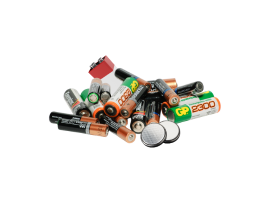
What they look like
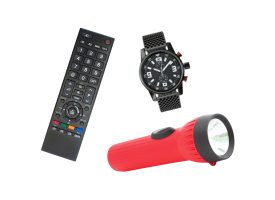
Uses
Where to recycle single-use batteries:
Rechargeable batteries
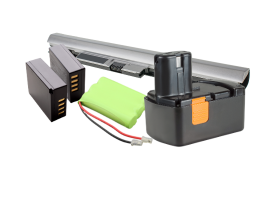
What they look like
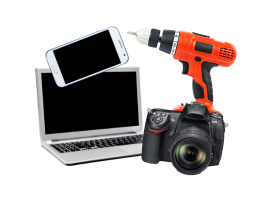
Uses
Where to recycle rechargeable batteries:
Lead acid batteries
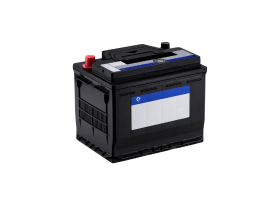
What they look like

Uses
Where to recycle lead acid batteries:
NOTE: All retailers who sell lead-acid batteries are required by law to accept them from customers. They are accepted by auto parts stores and service centers throughout the Kansas City region.
E-Bike and E-Scooter batteries
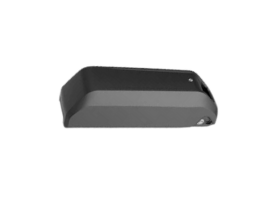
What they look like
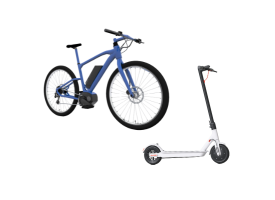
Uses
Where to recycle e-bike & e-scooter batteries:
No, they don't age well
Unlike fine wine, dead batteries don’t age well, even when thrown in a junk drawer and forgotten. Follow these storage tips:
- For single-use and rechargeable batteries: place them individually in a clear plastic bag or tape battery terminals with clear tape.
- Store all batteries at room temperature.
- Store damaged, defective or recalled batteries in kitty litter or sand. Signs of battery damage include swelling or leakage.
- Never disassemble batteries.
- Recycle them ASAP.
While we're talking safety
Batteries are just one type of household hazardous waste (HHW). HHW also includes paint, automotive fluids, lawn and garden chemicals, pesticides, and beauty products such as fingernail polish and hair coloring. All these hazardous items and more can be safely disposed through your Household Hazardous Waste program.